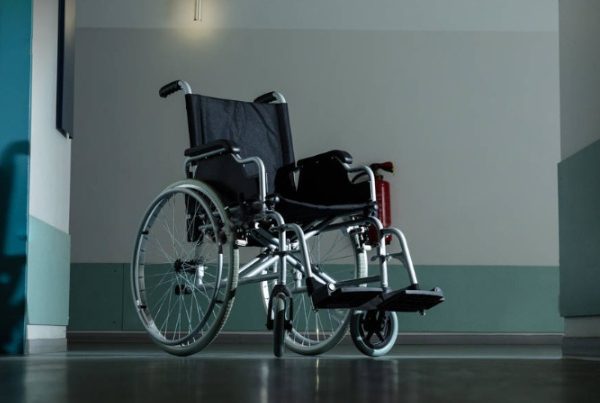Case Summary
A patient who goes to a skilled nursing home following a hospitalization rightfully should expect that the skilled nursing home will provide rehabilitation therapy in an amount based on the patient’s medical need. But sometimes maximizing income instead of medical necessity takes over. When physical therapy, occupational therapy, or speech language pathology are instead scheduled in amounts designed to maximize reimbursement, the skilled nursing home’s claims for payment to the federal Medicare program can violate the False Claims Act. This can happen under several federally funded healthcare programs.
When physical therapy, occupational therapy, or speech language pathology are scheduled in amounts designed to maximize reimbursement, the skilled nursing home’s claims for payment to the federal Medicare program can violate the False Claims Act.
Medicare Part A
For patients whose stay in a skilled nursing home is covered by Medicare Part A, reimbursement to the skilled nursing facility for patient care is based on how much rehabilitation therapy and skilled nursing service the patient medically requires. Payment is based on Resource Utilization Group (“RUG”) levels. One of the highest levels of reimbursement, the Ultra High RUG level (“RU”), can be met when the patient is provided with 720 minutes or more of therapy per week. (Therapy reimbursement rules are set to change October 1, 2019.)
Unfortunately, some skilled nursing homes and their therapists provide exactly 720 minutes of therapy per week regardless of medical necessity, including whether the patient can tolerate that much therapy, needs more therapy, or receives unnecessary duplicative therapy. This practice ensures that the skilled nursing home is paid at a high RUG level, but only provides the patient with the bare minimum amount of therapy needed to reach that high-paying level. When a skilled nursing home or therapy provider tailors therapy time based on billing levels regardless of a patient’s medical needs, the skilled nursing home’s claims for payment may be false in violation of the False Claims Act.
Medicare Advantage
Other patients may have Medicare Advantage insurance instead of traditional Medicare. Some Medicare Advantage plans pay skilled nursing homes for patient care that is not tied to how much rehabilitation therapy is provided. Having no financial incentive to provide high level of therapy, a skilled nursing home may cap the amount of therapy provided to patients enrolled in such Medicare Advantage plans. In this circumstance, the skilled nursing home’s claims for payment may also violate the False Claims Act.
Medicare Part B
The Medicare Part B program reimburses nursing homes for therapy provided to their long term care, assisted living, and independent living patients based on 15 minute units. Part B reimbursement rules allow for rounding for certain timed therapy codes. For example, if one 15 minute unit plus at least 8 minutes of a second unit of therapy are provided, the nursing home can round up their bill to 2 units. But Medicare expects that all therapy provided will still average out to 15 minutes per unit. When nursing homes and therapists schedule therapy billed to the Part B program to be delivered in amounts based on maximizing reimbursement “units” rather than medical necessity, the nursing home’s claims for payment violate the False Claims Act.
Medicaid
Many state Medicaid plans also reimburse nursing homes for long-term care provided to their residents at a higher level when skilled therapy is provided to patients. A nursing home might seek to increase their reimbursements by providing some or more therapy when the nursing home is “capturing” a patient’s RUG level for reimbursement purposes regardless of the patient’s medical needs. This behavior may also result in the nursing home’s claims for payment violating the False Claims Act.
Our attorneys are counsel for the relator in the False Claims Act case against Central Accounting Systems, Inc., d/b/a Health Care Management Group and WSB Rehabilitation Services, Inc., d/b/a Blue Sky Therapy, No. 1:16-cv-613 (S.D. Ohio), which alleges that a chain of regional nursing homes and their therapy provider set the amount of therapy provided to patients based on maximizing reimbursement rather than on patient medical need.















